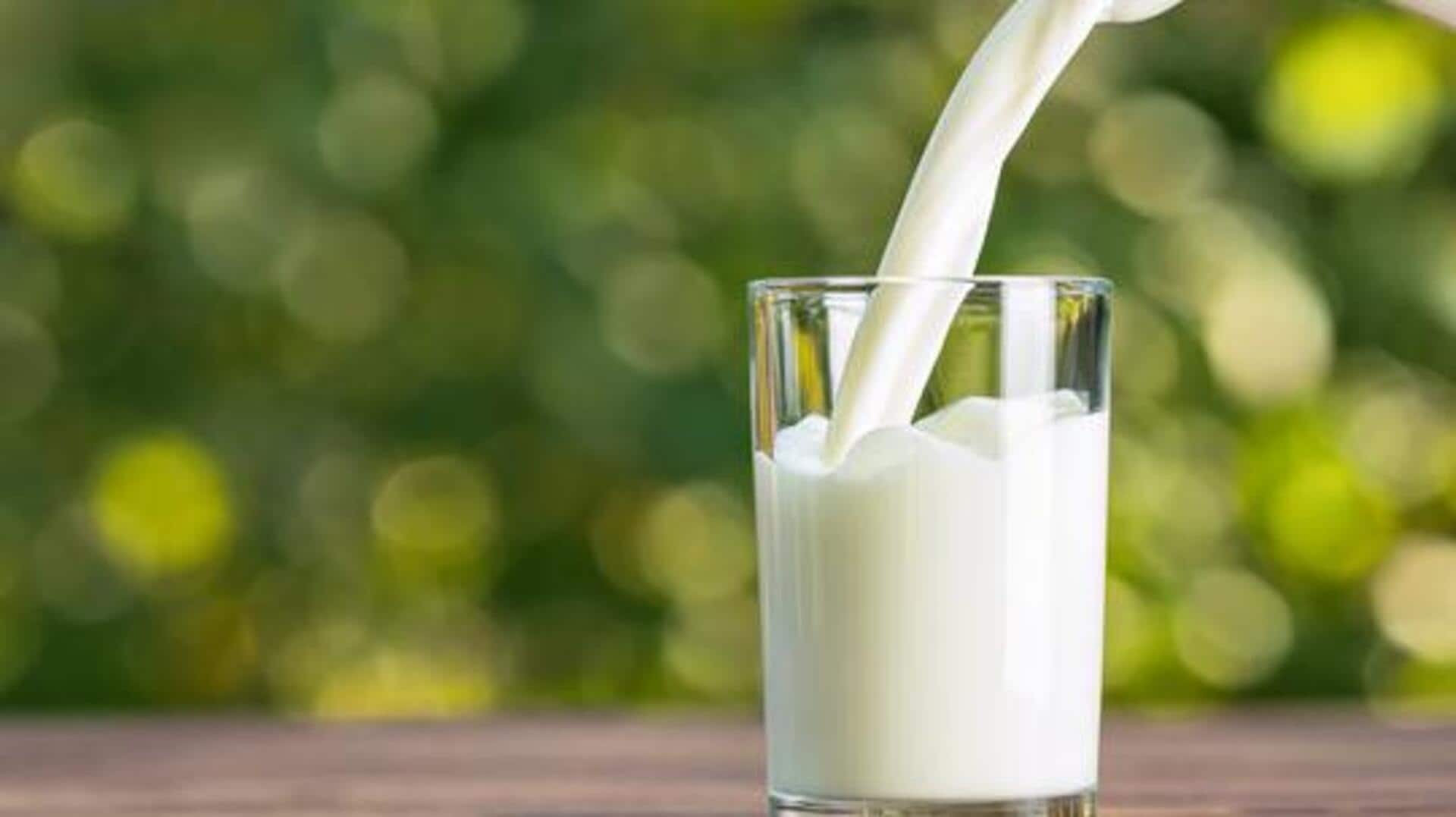
Do you need milk for healthy bones?
What's the story
We have been led to believe that dairy is the key to healthy bones for decades. Most of us drink milk and consume other dairy products, believing that they are important for healthy bones. However, recent studies and discussions have put a question mark on the real benefits of dairy. Let's bust the myths about dairy and healthy bones and see what really helps keep your bones healthy.
Calcium source
Calcium content in dairy products
Dairy products are often marketed as the go-to source for calcium, which is essential for healthy bones. Milk, cheese, and yogurt have high calcium content, adding to daily intake levels. However, did you know that there are other calcium sources too, such as leafy greens and fortified foods? Let's explore them and diversify our diets without compromising calcium intake.
Absorption insight
Absorption rates matter
While dairy products are high in calcium, the body's capability to absorb this mineral effectively is equally important. Age, overall diet, etc., could affect absorption rates. For example, vitamin D plays a critical role in enhancing calcium absorption from all sources, including dairy. As such, ensure your vitamin D levels are adequate to reap the benefits of dietary calcium.
Lactose factor
Lactose intolerance considerations
Lactose intolerance is prevalent among a large section of the global population, thus making it difficult for some to consume regular dairy products without discomfort. For those suffering from lactose intolerance/sensitivity, trying lactose-free options or alternative sources such as almond milk or soy milk can offer required nutrients without the side effects.
Holistic approach
Bone health beyond dairy
Maintaining bone health is not just about getting enough calcium from dairy products. A well-balanced diet, full of fruits and vegetables, and regular physical activity play a major role in strengthening bones and maintaining density over the years. Weight-bearing exercises, such as walking or resistance training, promote bone growth while minimizing osteoporosis risks later in life.
Informed decisions
Evaluating dietary choices
When assessing dietary options for bone health, it's important to consider both nutrient content and what you personally like. Plant-based alternatives provide options for those who are intolerant or have made lifestyle choices. A mindful individual approach, considering long-term well-being and lifestyle habits, is important. The research is ongoing and continues to shed light, expanding possibilities to keep bones healthy through varied dietary sources.